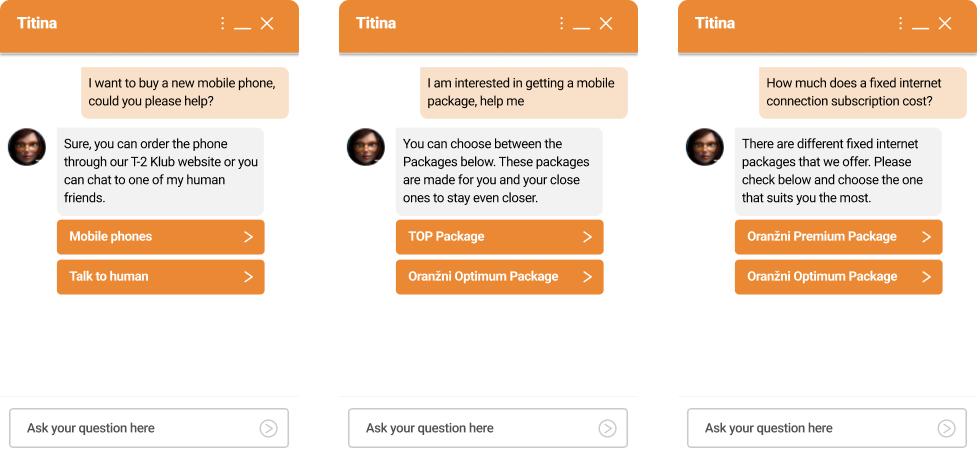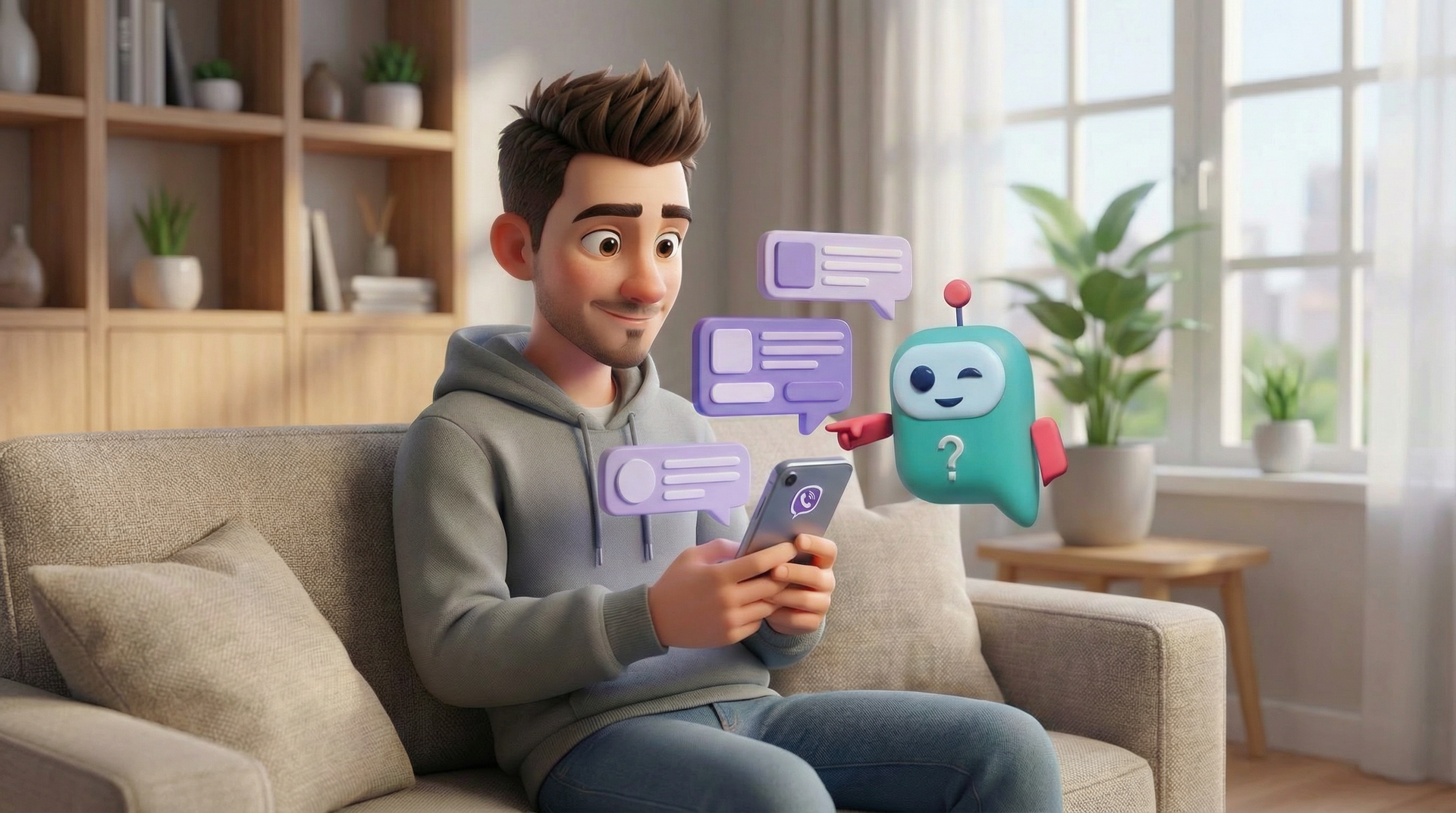4 trends in the use of smart Virtual Assistants in 2024

Here are four key trends in the development of smart conversational assistants that I believe will shape this year in terms of the use of AI.
1. Smart conversational assistants becoming more human-like
With the development of advanced technologies such as machine learning and natural language processing (NLP), virtual assistants are becoming increasingly sophisticated. Their ability to understand context, recognise underlying emotions and adapt to the tone of the communication makes user interactions with them more natural and enjoyable. Future developments are likely to include even greater improvements in understanding nuanced language and cultural contexts, leading to chat tools that are able adapt even more effectively to users' needs and expectations.
AI-powered intelligent conversational assistants have started to take over tasks that were previously the exclusive domain of human agents. Today, the bots’ ability to respond quickly and accurately to routine questions allows companies to direct their human resources to more complex tasks that require a human touch. Having closely followed developments and advances in conversational assistants over the past few years, I am fascinated by how the use of generative AI today allows virtual assistants to learn from every interaction and improve their efficiency and accuracy over time.

2. Deep insights into customer needs and personalisation of communication
The ability to collect and analyse large amounts of data in real time allows virtual assistants to offer a personalised experience for each user. Analysing data on users' behaviour, past interactions and preferences allows companies to tailor their communication strategies and make them highly relevant to each individual customer. This not only improves customer satisfaction, but also boosts the chances of conversion and brand loyalty.
In the future we will see virtual assistants' ability expand from answering customer questions to anticipating customer needs and offering solutions even before they receive the query. This means employing predictive analytics to analyse behavioural patterns and interaction history, enabling conversational assistants to proactively offer personalised suggestions, solutions and promotional offers that are most relevant to individual users.
3. The growing popularity of voice assistants
The popularity of voice technology is on the rise , allowing businesses to make their services accessible via voice commands. Personally, I believe that we will see an increasing use of voice assistants in our country in 2024. As AI and natural language processing technologies continue to evolve, we can expect the performance of voice chatbots will continue to improve, enabling even more natural and effective interactions. Technology providers predict further developments in speech capabilities with advanced features to ensure security and privacy in voice communications, allowing users to use these technologies with greater confidence. Voice assistants are therefore one of the key building blocks of the future of interactive technologies that will continue to transform the way people access information and perform everyday tasks.
4. Use of conversation assistants for internal communication and standardised processes
In addition to improving customer experience and automating customer service, conversational assistants are increasingly gaining traction within organisations to optimise internal processes and communication. This trend is taking the digitisation of the workplace to a new level by empowering employees to access information, perform tasks and communicate more efficiently.
Conversational assistants can now serve as virtual assistants for employees, automating routine tasks such as booking appointments, accessing corporate information, managing projects and tracking tasks. By integrating with internal systems such as CRM, ERP and HRM, conversational assistants allow employees to quickly get the information they need without having to craft complex queries or navigate multiple systems.
Beyond boosting productivity, chatbots foster a better organisational climate by reducing administrative burdens and allowing employees to focus on more strategic and creative tasks. They also support teleworking and flexible working arrangements by allowing easy access to corporate resources and real-time communication regardless of the location of employees. In 2024, the adoption of conversational assistants for internal communication and processes will become a standard practice for organisations looking to increase their efficiency, improve their working environment and embrace modern ways of working. This trend is not only transforming internal operations, but also contributing to a more connected and dynamic working environment, as demonstrated by practical examples from our technology partner
Boost.ai.

All these trends reflect the rapid evolution of smart conversational assistant technology and its expanding role in digital marketing and customer relationship management strategies. With the exponential growth of new tools based on generative AI, I expect this technology to continue to advance at an exceptionally fast pace, offering us increasingly immersive and interactive experiences and becoming a key building block for companies’ digital transformation efforts. As user habits change, these trends will no longer be exclusive to powerful international brands. Instead, the use of conversational assistants will also become more widespread among domestic brands. If you're looking for inspiration to implement conversational AI in your business, we'd love to help you develop an idea for your digital accelerators.


















